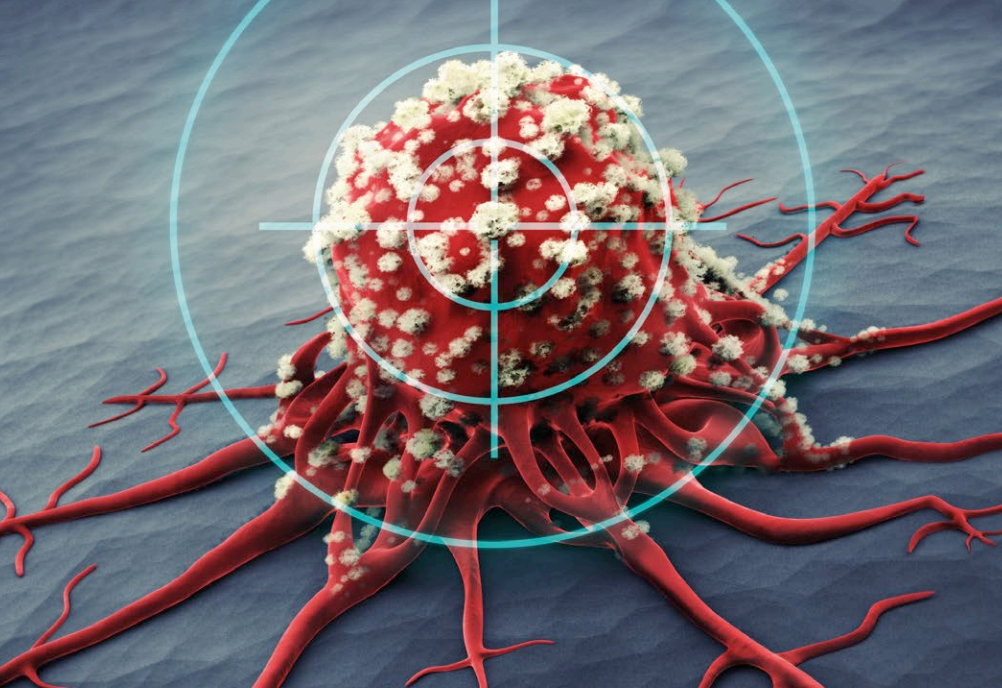Share this Page:
This study looked at the incidence, diagnosis and treatment of immune-related side effects of immunotherapies for the treatment of urothelial cancer and kidney cancer that has spread (metastatic).
There were 102 patients in the study, 61% of which had metastatic kidney cancer. The patients were being treated with immunotherapy (63%) or immunotherapy combinations (27%) or immunotherapy plus targeted therapy combinations (11%). Immune-related side effects were reported by 1 in 5 patients. Of these, 16% were considered to be severe or life-threatening. The average time to when the immune-related side effect was reported was 42 days.
14% of patients had side effects affecting the thyroid gland (hypo- or hyperthyroidism). 4% had inflammation of the pituitary gland (hypophysitis) and in 1% the adrenal gland did not make enough cortisol (adrenal insufficiency). 7% of patients stopped treatment because of side effects and 6 of these patients were treated with steroids. After an average of 34 days, 5 of these patient re-started immunotherapy.
All patients with inflammation of the pituitary gland continued immunotherapy with steroid treatment. The patients who developed inflammation of the pituitary gland were all on immunotherapy-immunotherapy combinations. Of the 11 patients with hyperthyroidism, 4 needed treatment with steroids, thiamazole, or a beta blocker. All 9 patients with hypothyroidism received levothyroxine (thyroxine replacement).
This study shows the importance of diagnosing and treating immune-related side effects to immunotherapies.













